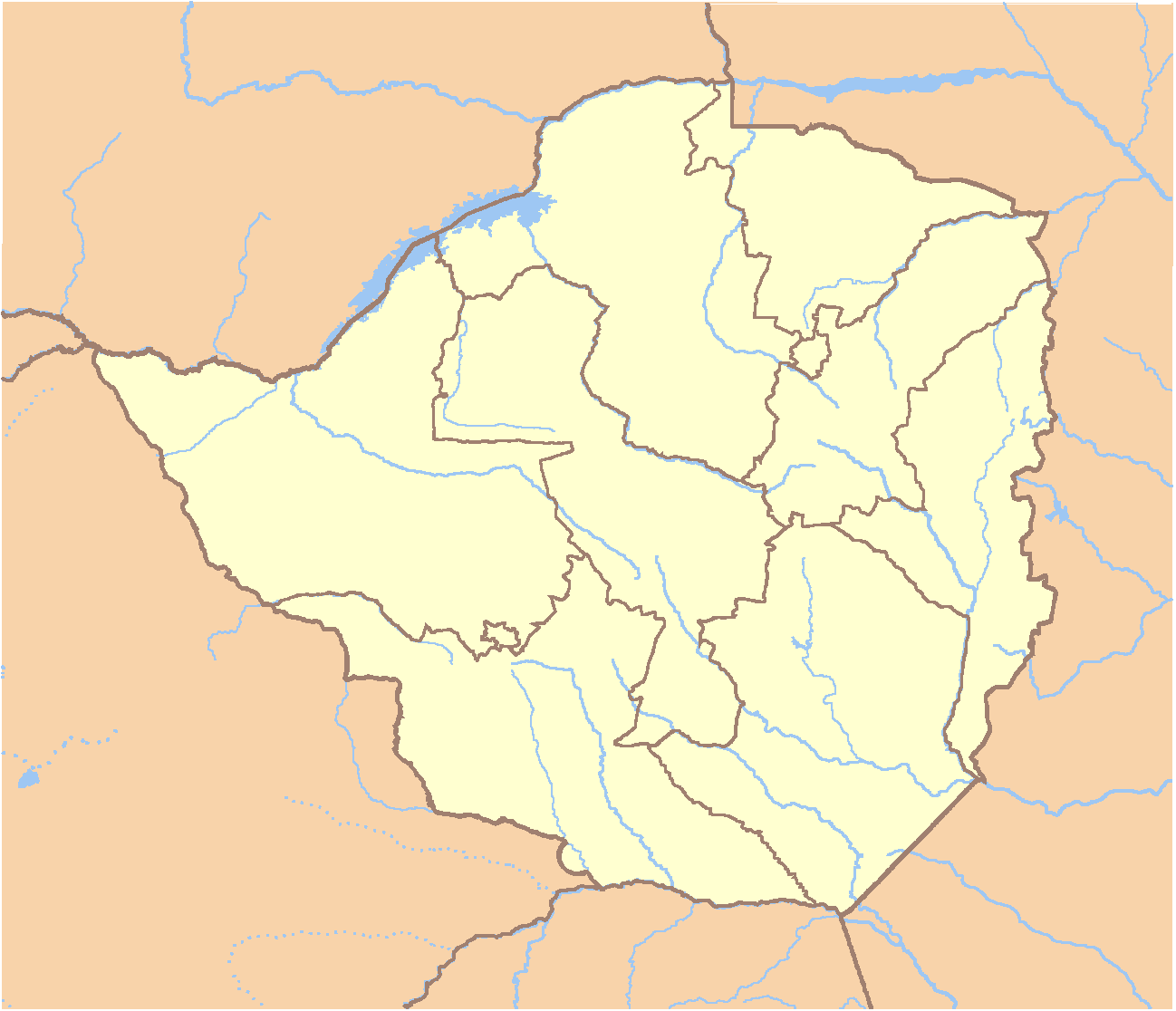
MZIWANDILE NDLOVU
Zimbabwe needs a communist party. Zimbabwe has never had a vibrant communist party and this has made local politics mundane. The leftist agenda has been conspicuously absent from Zimbabwe’s public discourse in a way that has raised questions about whether or not Zimbabwe’s political parties are really built on sound ideological grounding. It can be argued that part of the reason why the country finds itself in the political and socio-economic mess that it is in today is partly because of the absence of left-leaning political actors. The world’s capitalist system, driven by the industrialised Western powers, is reeling from the devastating effects of a global economic crisis and this has given rise to a renewed interest in communism. This is especially true for young people across the world that are eager to pursue a new economic world order in light of the stunning reality that the free market system agenda has stalled. This means that Zimbabwe has an opportunity to reconfigure its politics and give birth to a communist party at a time when it has become apparent that the leftist agenda has staged a phenomenal Lazarus act in the very backyards of Europe.
It is necessary to first examine whether or not communism has ever taken root in the political dynamics of Zimbabwe. The most compelling reality in trying to address this question is that there was no communist party even as the liberation struggle was being fought while in other countries such as South Africa, the South African Communist Party (SACP) played a critical role in fighting apartheid and was actually among the leading political actors to give birth to the nationalist struggle. Some have argued that Zapu was a left-leaning party due to its association with the Soviet Union but the reality is that it was a conventional liberation movement bent on capturing the state rather than championing class struggle as a communist party would. In more recent times, the Movement for Democratic Change (MDC) was initially touted as a left-leaning workers’ party but this has drastically changed. The MDC (in its various formations) has, of late, sought to characterise itself as a social democratic party, a political ideology which, in itself, is difficult to articulate. The MDC leaders of today are accused of betraying the workers’ agenda and are now the epitome of wealth accumulation. Analysts now say that the party merely capitalised on the energy and discontentment of the workers at the initial stage and has now deviated from its core values.
It is also critical to note that, while it was assumed that communism died with the fall of the Soviet Union, it is very much alive and is actually staging a triumphant resurrection. In capitalism strongholds like Britain and the United States, interest in communism is growing on the back of a serious re-evaluation of the free market system in light of the global recession. Western policymakers are also considering the success of Chinese mercantilism as they contemplate long-term policy development as they battle to rein in a problematic banking sector.
I am not suggesting that a communist party can ever govern Zimbabwe. This is highly unlikely as shown by what is happening elsewhere. That is why, for instance, the SACP will never go it alone but would rather exercise influence through the ANC-led alliance and take advantage of the ANC’s numbers. Contemporary communist parties are more about pushing ideological issues than winning elections and capturing the state. The revival of interest in Marxism, especially for young people, comes because it provides tools for analysing capitalism and especially capitalist crises such the one that the world finds itself in today.











